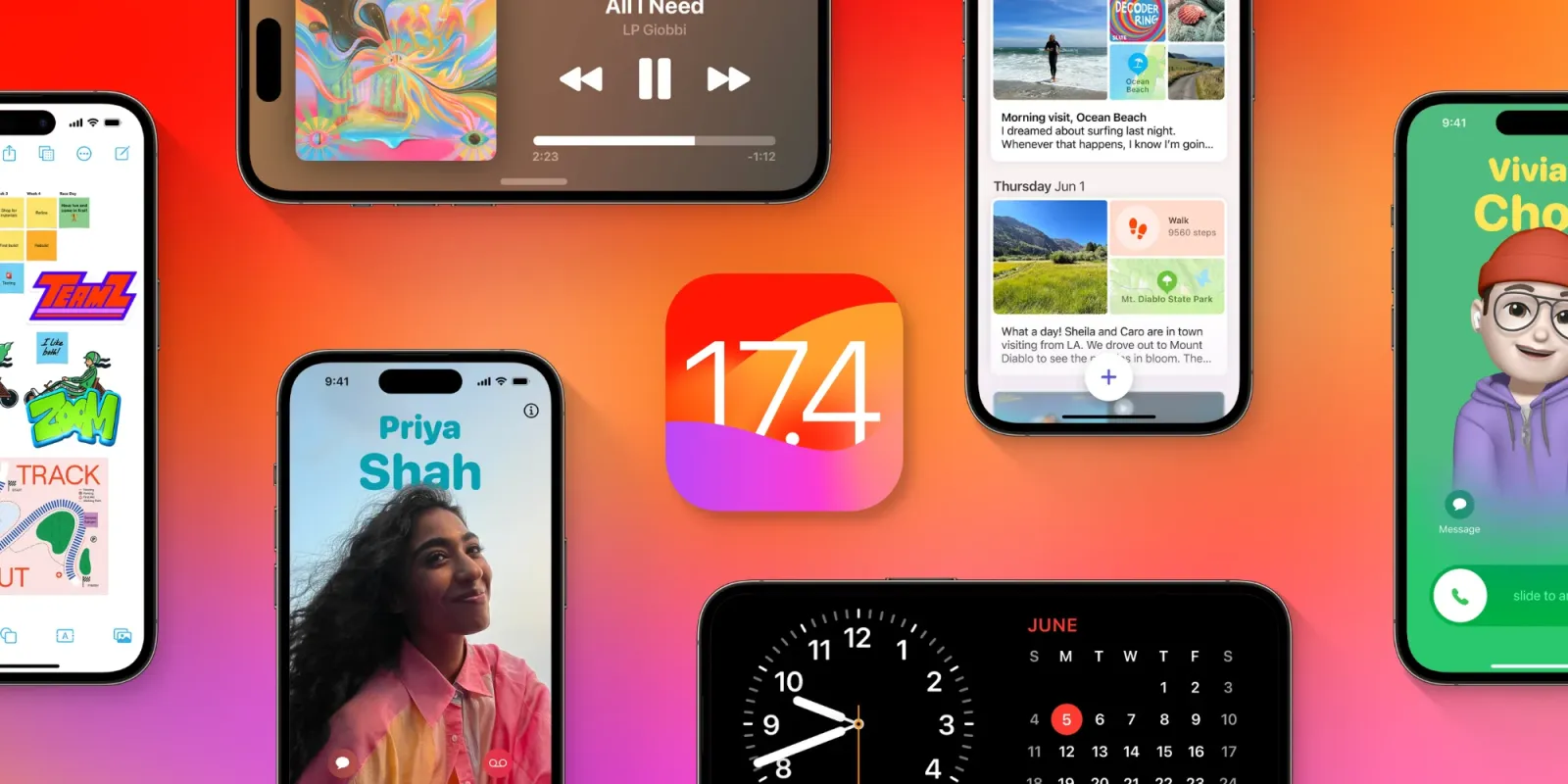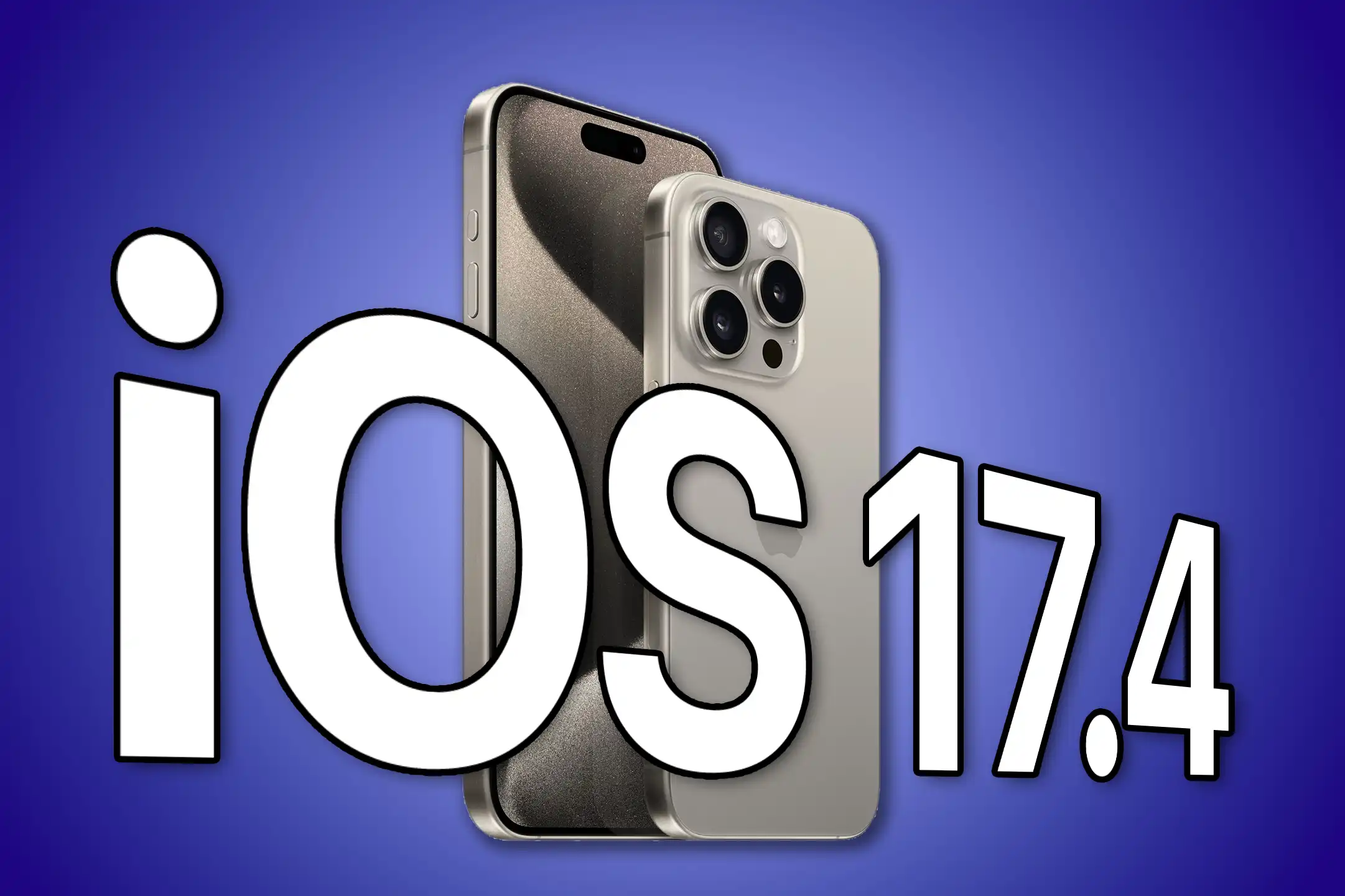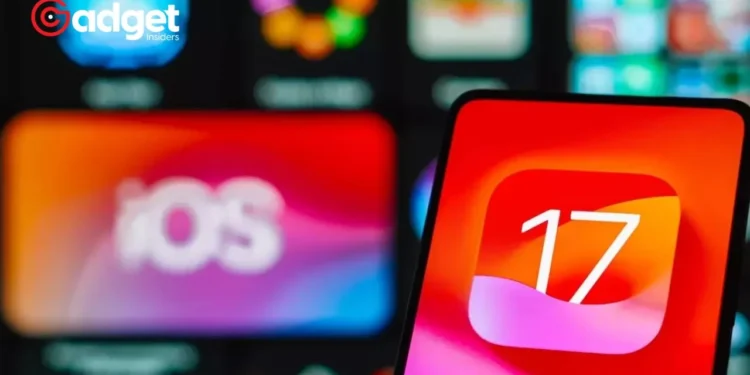In an unprecedented move, Apple has catapulted the iOS 17.4 update into the spotlight, making it clear to iPhone users worldwide that upgrading is not just recommended, it’s essential. Released on March 6, 2024, the update is more than just a routine software enhancement; it’s a critical security overhaul designed to fortify iPhones against emerging threats.

A Deep Dive into iOS 17.4’s Security Enhancements
Among the myriad of features and fixes that typically accompany an iOS update, iOS 17.4 stands out for its targeted approach to plugging security vulnerabilities. Apple’s commitment to user safety is evident in the detailed breakdown of the security issues addressed in this latest update.
The company’s support page reveals the patching of at least two significant vulnerabilities that could potentially compromise user security.
Closing the Kernel Vulnerability
One of the most concerning security loopholes addressed in the update is a kernel-level vulnerability. The kernel, serving as the foundational layer of the iOS architecture, is crucial for the system’s overall security. Apple’s disclosure that this vulnerability could allow attackers with sophisticated capabilities to bypass kernel memory protections underscores the severity of the threat.
The acknowledgment that this loophole “may have been exploited” adds urgency to the company’s call for immediate updates.
Did you update your iPhone to iOS 17.4? pic.twitter.com/SHOm2EUu2C
— Andrew Clare (@andrewjclare) March 6, 2024
RTKit’s Role in Personal Security
Additionally, the update shores up defenses around RTKit, a core component of Apple’s real-time operating systems. This repair is particularly noteworthy, as it hints at potential avenues through which attackers could have accessed personal information.
Apple’s proactive approach to addressing this vulnerability further emphasizes its dedication to safeguarding user privacy and security.
Navigating the Challenges of Compliance and Security
The introduction of iOS 17.4 is not without its controversies, especially in light of recent legislative developments in the European Union. The Digital Markets Act has prompted Apple to make concessions regarding app installations, allowing users to source apps from outside the App Store.
While this move towards openness is a significant shift for Apple, concerns about the potential for decreased security are valid and are being closely monitored by both the company and industry experts.

Enhancements Beyond Security
Beyond the critical security updates, iOS 17.4 introduces user-friendly changes to the iPhone setup process. A notable addition is the prompt allowing users to select their preferred web browser, marking a departure from the automatic default to Safari.
This change, while seemingly minor, represents a broader shift towards customization and user choice within the Apple ecosystem.
The Takeaway for iPhone Users
For iPhone owners, the message from Apple is clear: the iOS 17.4 update is indispensable. With security enhancements designed to counteract exploited vulnerabilities and improvements aimed at user convenience, the update is a testament to Apple’s ongoing commitment to innovation and safety.
As the digital landscape evolves, staying updated is not just advisable—it’s imperative for protecting your digital life.










